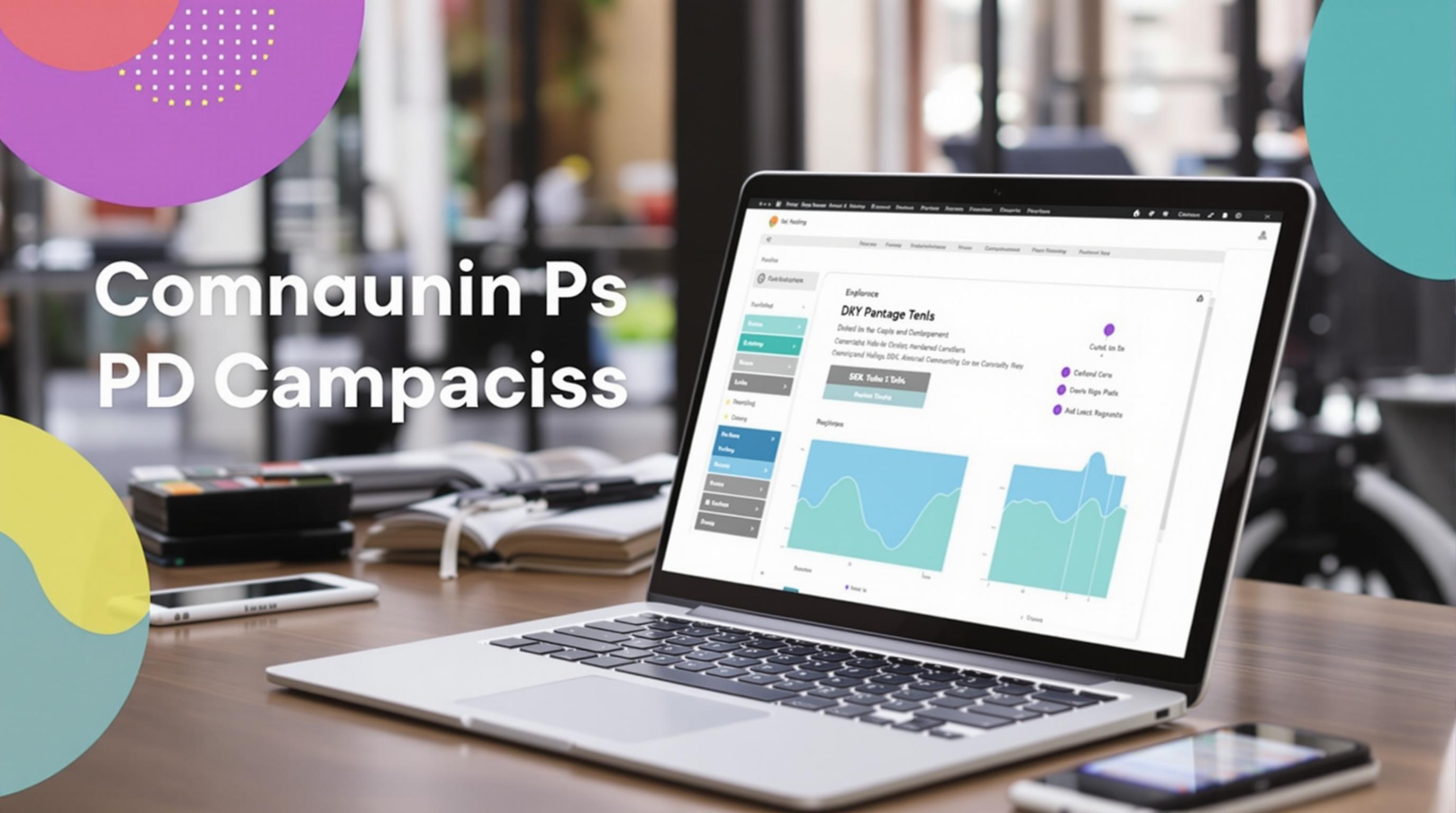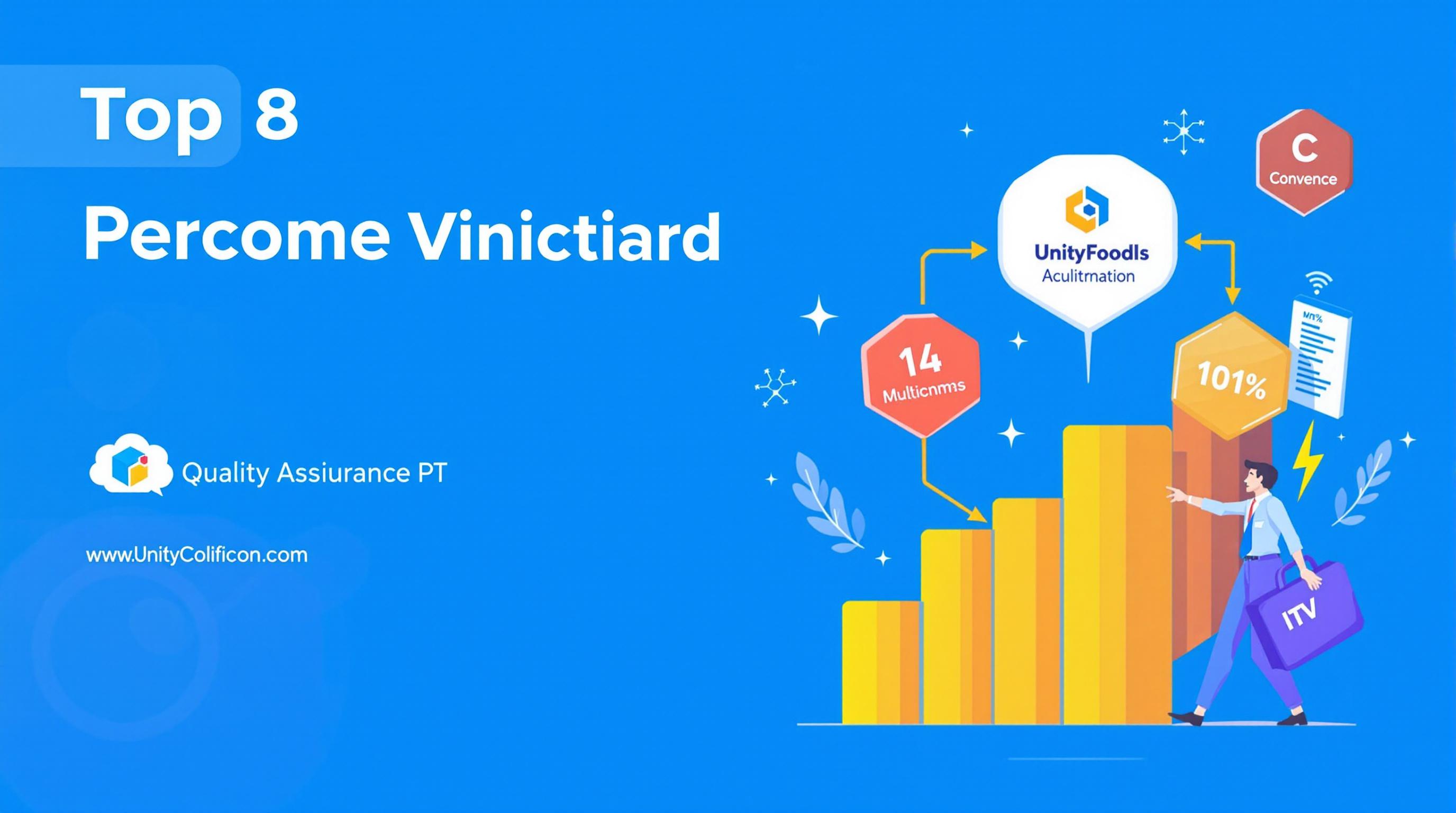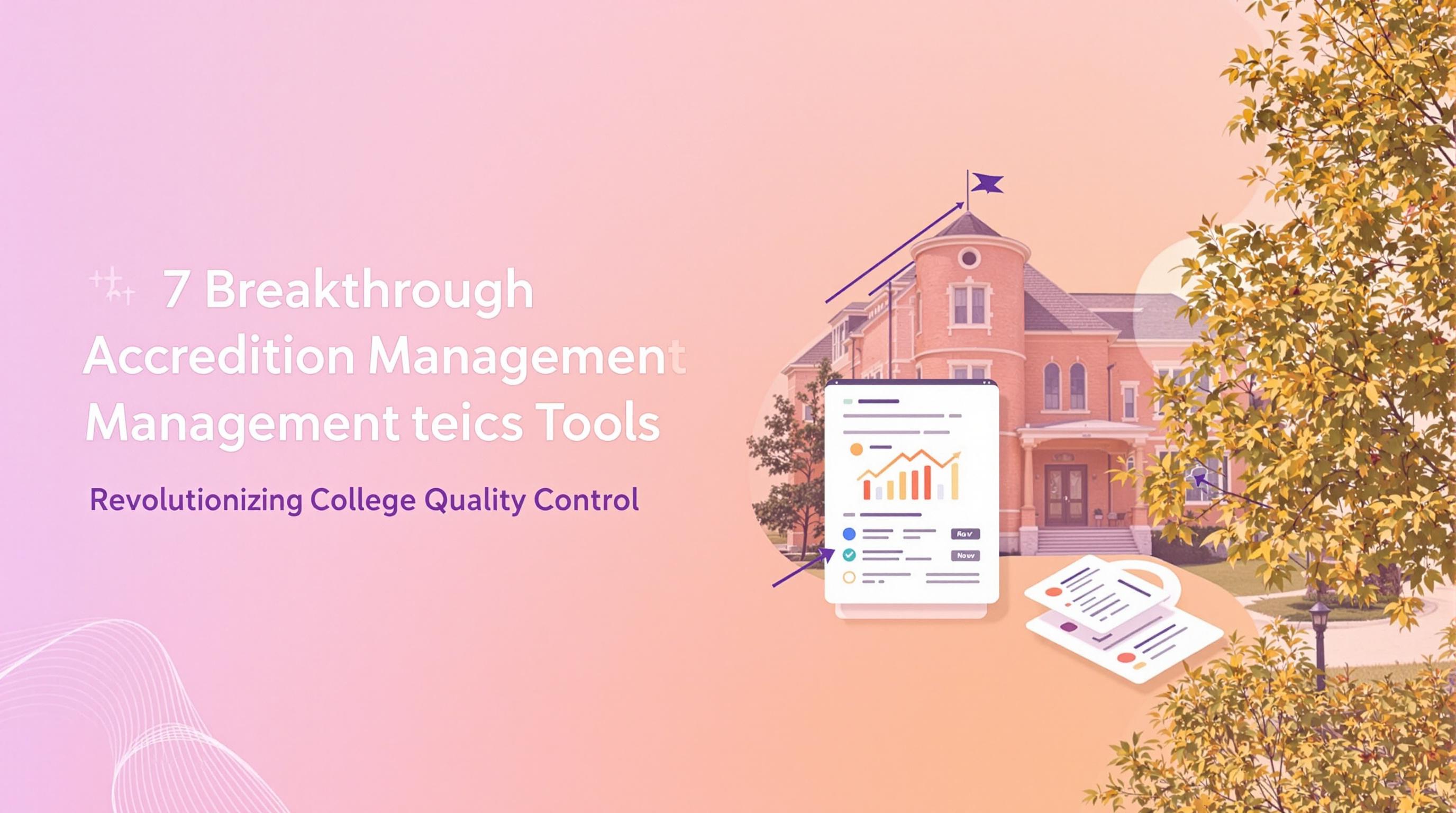Related Articles
- 7 Game-Changing Student Budget Apps Released Since 2019 That Slash College Living Expenses
- The Silent Toll of Campus Health Services: Unpacking the Overlooked Expenses Students Face Beyond Tuition
- Examining Virtual Tour Accessibility Challenges for Neurodiverse and Disabled Students in Higher Education
- The Role of Virtual Campus Visits in Shaping Student Identity and Community Belonging from Afar
- How Procrastination Patterns Shape College Application Outcomes: Analyzing the Role of Timing in Student Decisions
- How Seasonal Patterns Influence Decision-Making Mindsets During Critical College Application Phases
Top 8 Innovative Compliance Platforms Launched Since 2019 for Streamlining Higher Ed Quality Standards
Top 8 Innovative Compliance Platforms Launched Since 2019 for Streamlining Higher Ed Quality Standards
Top 8 Innovative Compliance Platforms Launched Since 2019 for Streamlining Higher Ed Quality Standards
Introduction to Compliance Challenges in Higher Education
Higher education institutions face increasing pressure to conform to evolving quality standards and regulatory requirements. Ensuring compliance involves complex processes that include data collection, reporting, and continuous monitoring. These challenges demand innovative solutions capable of supporting the diverse needs of universities and colleges worldwide.
With recent advances in technology, compliance platforms have emerged as critical tools for streamlining these processes. Since 2019, several innovative platforms have been launched to help institutions maintain accreditation, manage risk, and improve transparency. These solutions harness automation, data analytics, and user-centered designs to ease the burden on administrative staff.
This article explores the top 8 compliance platforms introduced since 2019, highlighting their unique features and benefits for higher education quality standards. These platforms demonstrate how technology is transforming the compliance landscape in academia, enabling better governance and decision-making.
1. Qualtrax: Automated Quality Management
Launched with new features in 2019, Qualtrax provides an automated quality management system ideal for managing complex regulatory requirements in higher education. The platform offers workflow automation which reduces manual tracking and improves compliance assurance.
Qualtrax integrates document control, incident tracking, and audit management, enabling institutions to respond swiftly to compliance issues. Its cloud-based architecture allows for easy access and collaboration across departments.
The ability to generate real-time reports and dashboards empowers educational leaders to monitor compliance status proactively. Institutions can therefore minimize risks and enhance their quality assurance frameworks efficiently.
Source: Qualtrax official website (2020)
2. Comply365: Mobile-First Compliance Solutions
Comply365 launched a higher education-focused module in 2019, emphasizing mobility and real-time document management. This platform addresses the need for seamless updates and compliance verification across campus locations.
The mobile-first design ensures faculty and staff can access policies, protocols, and training materials anytime, anywhere. This feature is especially beneficial for institutions with distributed campuses or remote learning environments.
Comply365’s analytics tools help institutions measure adherence to standards and identify areas needing improvement, supporting continuous quality enhancement.
Source: Comply365 Press Release (2019)
3. Watermark: Integrated Accreditation and Assessment
Watermark introduced enhanced integration capabilities for accreditation and student learning assessment in 2020. Its platform consolidates multiple compliance and quality initiatives into a single interface.
The system supports evidence collection, curriculum mapping, and self-study report generation, which are essential for accreditation processes. By centralizing data, it reduces duplication of effort and increases reporting accuracy.
Watermark’s collaborative environment allows faculty and administrators to engage in continuous quality improvement cycles, making compliance an ongoing institutional priority.
Source: EDUCAUSE Review (2021)
4. Taskstream-Tk20: Comprehensive Compliance Tracking
After the merger in 2019, Taskstream-Tk20 expanded its platform to include comprehensive compliance tracking tools tailored to higher ed quality standards. The platform supports program review, assessment, and accreditation workflows.
Its customizable dashboards and reporting tools provide real-time compliance insights, facilitating informed decision-making. Faculty and staff can collaborate more effectively to meet mandated criteria.
Taskstream-Tk20 emphasizes usability and flexibility, accommodating varied institutional structures and accreditation requirements.
Source: Campus Technology (2020)
5. Liaison: Data-Driven Accreditation Support
Liaison’s Launch product line, updated extensively since 2019, offers data-driven accreditation and compliance support for higher education. It focuses on collecting, validating, and submitting institutional data securely.
The platform automates many manual processes related to accreditation reporting and compliance documentation, reducing errors and saving time. It also supports analytics to benchmark institutional performance against standards.
Its scalability enables use by institutions of all sizes, promoting widespread adoption of quality assurance best practices.
Source: Liaison International Whitepaper (2021)
6. AEFIS: Campus-Wide Assessment & Accreditation
AEFIS expanded its cloud platform in 2019 to offer campus-wide assessment and accreditation tools aligned with major quality standards. It emphasizes a learner-centric approach that connects student outcomes with institutional goals.
The platform supports real-time feedback, curriculum alignment, and continuous improvement planning. Its integration with learning management systems helps streamline data collection and analysis.
AEFIS’s comprehensive reporting accommodates diverse accreditation frameworks, helping institutions simplify compliance and enhance academic quality.
Source: Higher Ed Technology Solutions Report (2022)
7. Accredible: Blockchain-Enabled Credentialing
Since 2019, Accredible has led innovation by integrating blockchain technology into certificate issuance and verification processes, ensuring credential authenticity. This directly impacts compliance surrounding academic records maintenance.
Institutions benefit from secure, tamper-proof certification management and easy stakeholder verification. This level of transparency supports trust and accountability in quality assurance endeavors.
The platform’s analytics also provide insights into credential issuance trends, helping align compliance efforts with institutional strategic goals.
Source: Accredible Case Studies (2020)
8. Compliance.ai: Regulatory Intelligence for Higher Ed
Though initially focused on financial services, Compliance.ai adapted its regulatory intelligence platform in 2021 to serve higher education compliance needs. It delivers real-time updates on federal and state regulatory changes impacting institutions.
The platform uses AI-driven alerts and workflows to help compliance teams quickly understand and act upon new regulations. This proactive approach reduces risk exposure and supports sustained accreditation.
Compliance.ai enhances situational awareness, allowing colleges and universities to stay ahead in the dynamic regulatory environment.
Source: Compliance.ai Product Brief (2021)
Conclusion
The rapid advancements in compliance technologies since 2019 have revolutionized how higher education institutions approach quality standards. Platforms like Qualtrax, Comply365, and Watermark exemplify the shift towards integrated, automated, and user-friendly solutions.
By leveraging these innovative tools, colleges and universities can enhance transparency, reduce administrative burdens, and foster continuous improvement in compliance. These benefits translate to stronger accreditation outcomes and better educational experiences.
As regulatory landscapes continue to evolve, adoption of these platforms will be essential for higher education institutions committed to excellence and accountability.



